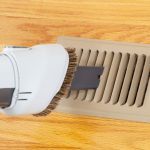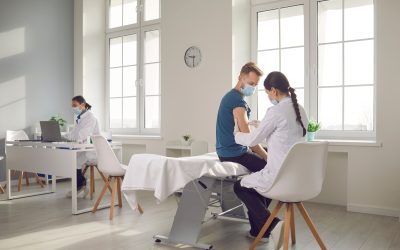Physician assistant’s safety is important as they are an integral part of the healthcare industry. They work in various high-risk medical settings, from surgical rooms to emergency departments to intensive care units. Among their many duties, they’re also responsible for patient care, such as administering medication and assisting with surgeries. However, working in these settings can be hazardous and requires high safety awareness. Here’s a list of 15 essential safety tips that will keep these vitally important employees safe:
1. Use Personal Protective Equipment: Always use personal protective equipment (PPE) like gloves, masks, and gowns. PPE is designed to protect healthcare workers from exposure to hazardous materials.
2. Proper Hand Hygiene: Wash your hands before and after patient contact to prevent the spread of infections.
3. Be Aware of Needlestick Injuries: Needlestick injuries are a common hazard for healthcare workers. Always use safety devices when handling needles and other sharp instruments.
4. Manage Chemicals Safely: Obviously, chemicals used in medical settings can be hazardous, so PAs should follow proper protocols for handling and disposing of these materials.
5. Use Ergonomic Equipment: Ergonomic equipment is designed to reduce the risk of musculoskeletal injuries.
6. Safe Lifting Practices: Improper lifting techniques can result in musculoskeletal injuries. PAs need to follow safe lifting practices when moving patients or heavy equipment.
7. Disinfection Practices: Proper disinfection practices are essential to prevent the spread of infections.
8. Use Fall-Prevention Measures: Falls can result in severe injuries for healthcare workers. Use fall-prevention measures like non-slip footwear and handrails when working in areas with a high risk of falls.
9. Electrical Hazards: Electrical hazards can be present in medical settings. Make sure to follow proper protocols for handling electrical equipment.
10. Stay Current with Vaccinations: Healthcare workers are at risk of exposure to various infectious diseases, so they should stay current with all recommended vaccinations.
11. Practice Safe Patient Handling Techniques: Improper patient handling can result in musculoskeletal injuries. Always use safe patient handling techniques when moving or transferring patients.
12. Follow Proper Protocol for Bloodborne Pathogens: Bloodborne pathogens such as HIV and hepatitis B can pose a serious risk to healthcare workers – which is why protocols are in place for handling and disposing of potentially infectious materials.
Physician assistant safety is of the utmost importance in high-risk medical settings. Visit Sharp Fluidics today to learn more about how its products can help enhance safety in the operating room.








